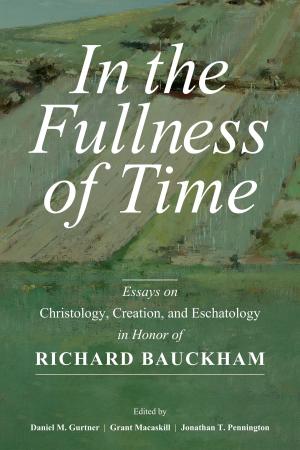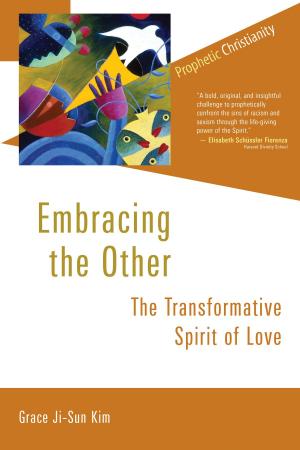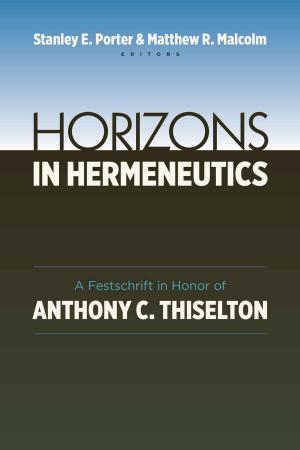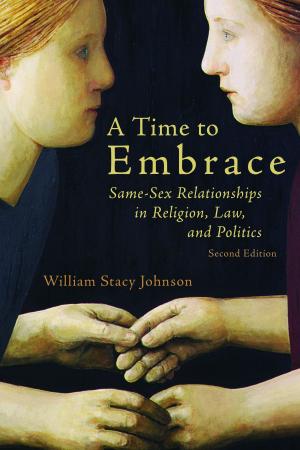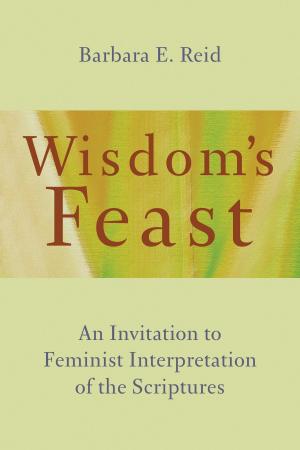Heavenly Bodies
Incarnation, the Gaze, and Embodiment in Christian Theology
Nonfiction, Religion & Spirituality, Philosophy, Religious, Theology, Christianity| Author: | Ola Sigurdson | ISBN: | 9781467446228 |
| Publisher: | Wm. B. Eerdmans Publishing Co. | Publication: | July 30, 2016 |
| Imprint: | Eerdmans | Language: | English |
| Author: | Ola Sigurdson |
| ISBN: | 9781467446228 |
| Publisher: | Wm. B. Eerdmans Publishing Co. |
| Publication: | July 30, 2016 |
| Imprint: | Eerdmans |
| Language: | English |
Deep and wide study of 2,000 years of Christian thought on the human body
Does Christianity scorn our bodies? Friedrich Nietzsche thought so, and many others since him have thought the same. Ola Sigurdson contends, to the contrary, that Christianity — understood properly — in fact affirms human embodiment.
Presenting his constructive contributions to theology in relation to both historical and contemporary conceptions of the body, Sigurdson begins by investigating the anthropological implications of the doctrine of the incarnation. He then delves into the concept of the gaze and discusses a specifically Christian "gaze of faith" that focuses on God embodied in Jesus. Finally, he weaves these strands into a contemporary Christian theology of embodiment.
Sigurdson's profound engagement with the whole history of Christian life and thought not only elucidates the spectrum of Christian perspectives on the body but also models a way of thinking historically and systematically that other theologians will find stimulating and challenging.
Deep and wide study of 2,000 years of Christian thought on the human body
Does Christianity scorn our bodies? Friedrich Nietzsche thought so, and many others since him have thought the same. Ola Sigurdson contends, to the contrary, that Christianity — understood properly — in fact affirms human embodiment.
Presenting his constructive contributions to theology in relation to both historical and contemporary conceptions of the body, Sigurdson begins by investigating the anthropological implications of the doctrine of the incarnation. He then delves into the concept of the gaze and discusses a specifically Christian "gaze of faith" that focuses on God embodied in Jesus. Finally, he weaves these strands into a contemporary Christian theology of embodiment.
Sigurdson's profound engagement with the whole history of Christian life and thought not only elucidates the spectrum of Christian perspectives on the body but also models a way of thinking historically and systematically that other theologians will find stimulating and challenging.

